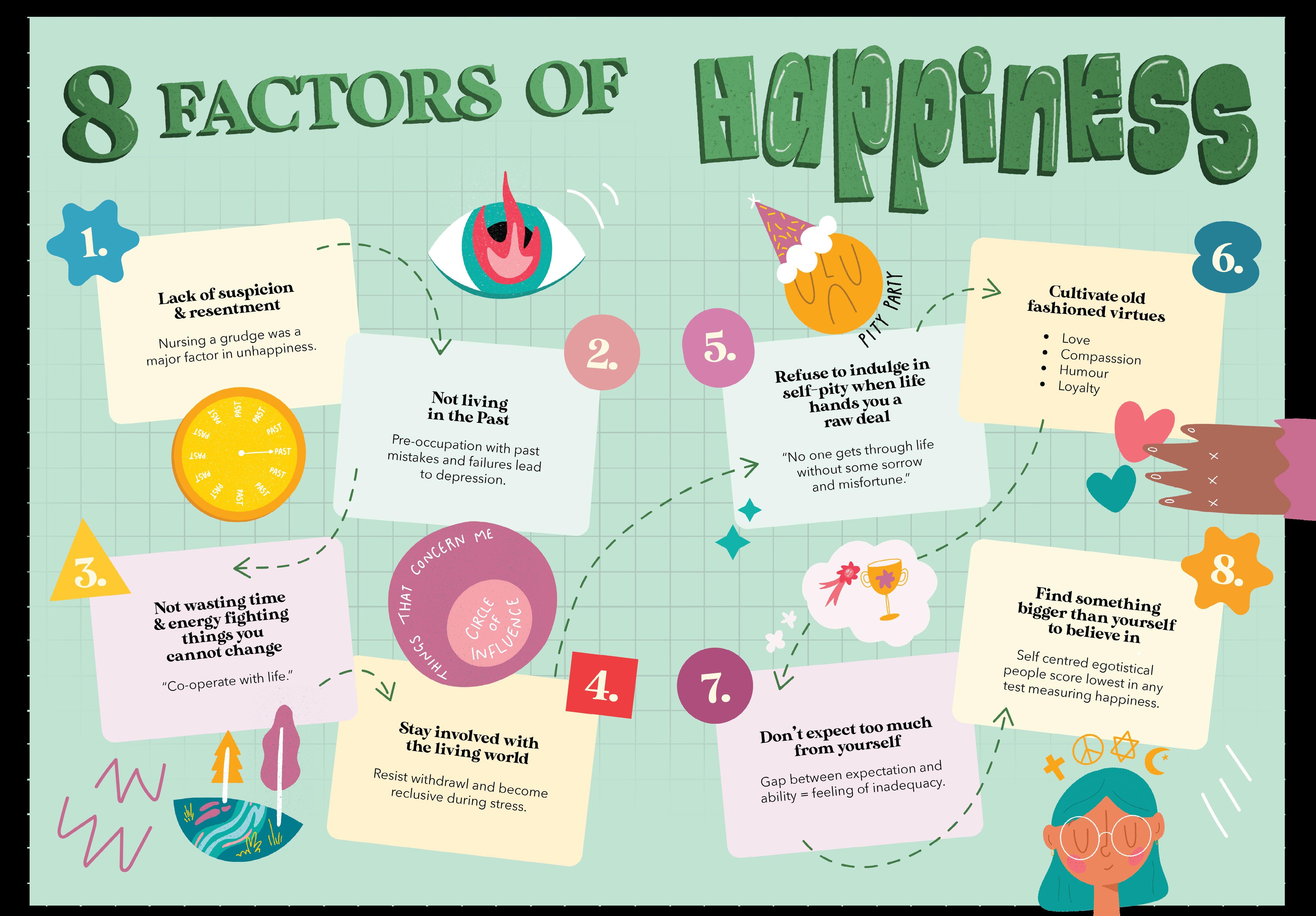Emotional Skills WORKBOOK



Tell your Story
Write/type out your life story:
Name:
Date of birth:
My Past:
Conception to birth
Birth to toddler

Primary school High school Young adult Adult
My current problem/situation




Write/type out your life story:
Name:
Date of birth:
My Past:
Conception to birth
Birth to toddler

Primary school High school Young adult Adult
My current problem/situation
Where do I need to take care of myself more?
• This is a quick coaching exercise to help you connect with yourself and find out what you may be needing.
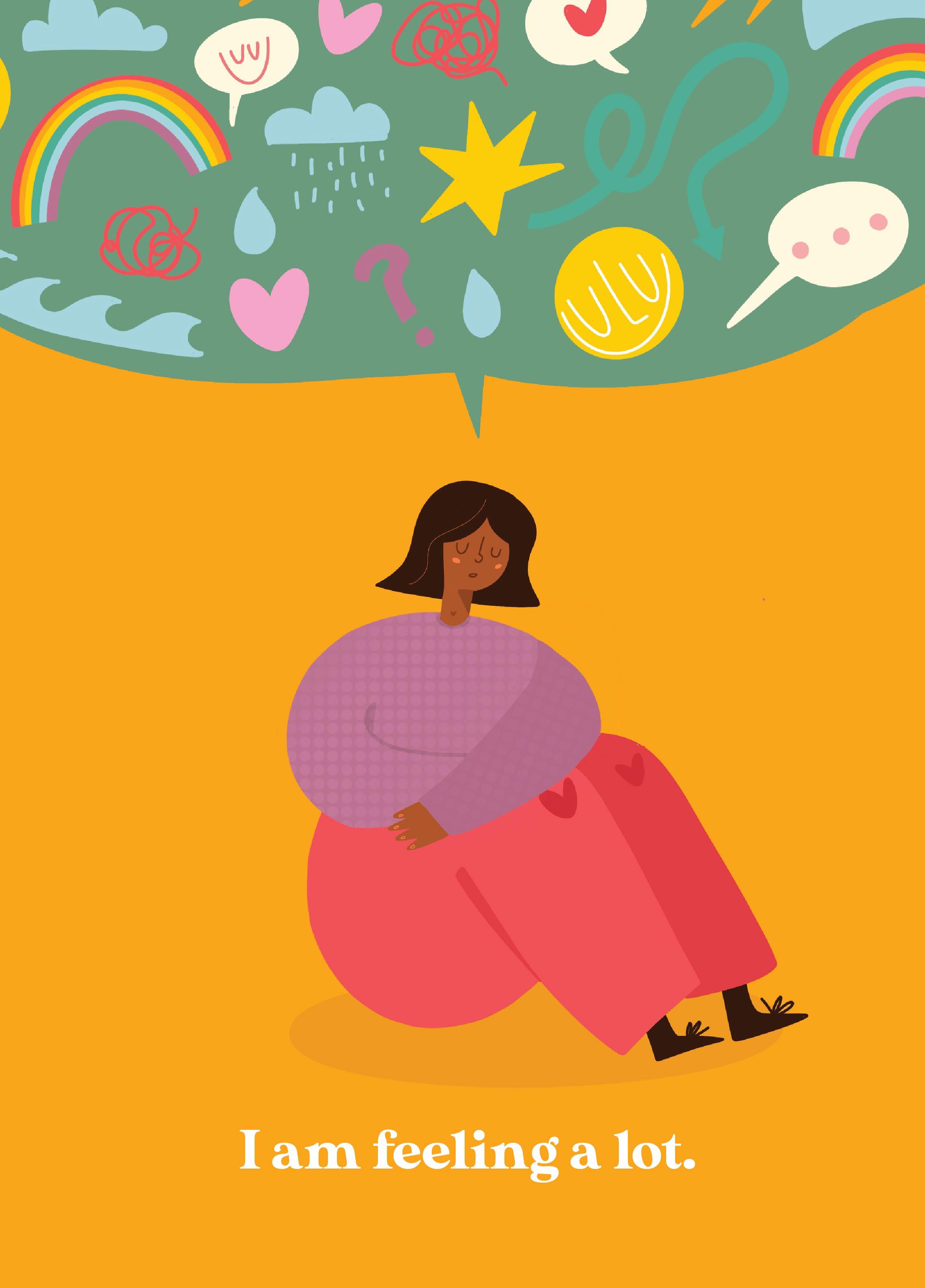
• Give a score out of 10
Areas of care : How satisfied are you Currently in this area?
1. My energy levels
2. How Inspired I’m feeling
3. I have plenty of sleep so I always feel rested
4. Self-honesty
5. I prioritize my time – I get things done
6. Peace and quiet
7. Feeling heard and seen
8. Feeling accepted and understood
9. My friendships
10. Feeling loved and accepted
11. My environment (home, workplace)
12. Physical health (exercise and eating habits)
13. My feelings and emotional health
14. Organization and simplicity
15. Being challenged and stretched
16. Money/finances
17. Connection with myself
18. Relaxation and fun
19. Physical appearance
20. I say “No” to myself and others when I need to
21. I recognize my stress signals and know when to take a break
22. My home/room is a calm and safe place
Do you think you may suffer from low self-esteem? This questionnaire will help you find out. Low self-esteem (LSE) is often misunderstood, and it is even misdiagnosed by many therapists as being a secondary concern. Rather than being merely a symptom, LSE is frequently the root cause of many psychological, emotional, personal and relationship issues. Treatments that do not focus on recovery from LSE may not be be effective, because they are not dealing with the core issue.
Check next to the number of each statement that you find to be true. Your score will be displayed and explained at the bottom of the second page.
I generally feel anxious in new social situations where I may not know what is expected of me.
I find it difficult to hear criticism about myself.
I fear being made to look like a fool.
I tend to magnify my mistakes and minimize my successes.
I am very critical of myself and others.
I have periods in which I feel devastated and/or depressed.
I am anxious and fearful much of the time.
When someone mistreats me I think that I must have done something to deserve it.
I have difficulty knowing who to trust and when to trust.
I often feel like I don’t know the right thing to do or say.
I am very concerned about my appearance.
I am easily embarrassed.
I think others are very focused on—and critical of—what I say and do.
I fear making a mistake which others might see.
I often feel depressed about things I’ve said and done, or things I failed to say or do.
I have avoided making changes in my life because I was fearful of making a mistake or failing.
I often get defensive and strike back when I perceive I am being criticized.
I have not accomplished what I am capable of due to fear and avoidance.
I tend to let fear and anxiety control many of my decisions.
I tend to think negatively much of the time.
I have found it difficult to perform adequately or without embarrassment when involved in sex.
I’m one of the following: The person who reveals taoo much personal information about myself or the person who seldom reveals personal information.
I often get so anxious that I don’t know what to say.
I often procrastinate.
I try to avoid conflict and confrontation.
I’ve been told I’m too sensitive.
I felt inferior or inadequate as a child.
I tend to think that I have higher standards than others.
I often compare myself to others.
I frequently think negative thoughts about myself and others.
I often feel that others mistreat me and or take advantage of me.
At night, I frequently review my day, analyzing what I said and did or what others said and did to me that day.
I often make decisions on the basis of what would please others rather than on what I want or without even considering what I want.
I often think that others don’t respect me.
I often refrain from sharing my opinions, my ideas, and my feelings in groups.
I sometimes lie when I feel that the truth would result in criticism or rejection.
I’m fearful that I will say or do something that will make me look stupid or incompetent.
I do not set goals for the future. I am easily discouraged.
I am not very aware of my feelings.
I often feel like I don’t know what is expected of me.
I grew up in a dysfunctional home.
I think life is harder for me than for most other people.
I often avoid situations where I think I will be uncomfortable.
I tend to be a perfectionist, needing to look perfect and to do things perfectly.
I feel too embarrassed to eat out alone or to attend movies and other activities by myself.
I often find myself angry or hurt by the behavior and words of others.
If you checked:
At times I get so anxious or upset that I experience most of the following: heart racing or pounding, sweating; tearfulness; blushing; difficulty swallowing or lump in my throat; shaking; poor concentration dizziness, nausea or diarrhea; butterflies.

I am very fearful of criticism, disapproval, or rejection.
I rely on the opinion of others to make decisions.
00-04 Statements . . . . . . . You have fairly good self-esteem
05-10 Statements . . . . . . . You have mild low self-esteem
11-18 Statements . . . . . . . You have moderately low self-esteem
19-50 Statements . . . . . . . You have severely low self-esteem
It’s important to realize that your score on this questionnaire in no way indicates that you are not a quality person. Instead what it does is to measure how you view yourself. If you have a healthy view of yourself, your score will be low. If your view of yourself is unhealthy, your score will be high.
Be aware that it will be difficult to raise children with healthy self-esteem, if you yourself suffer from low self-esteem. Without realizing it, you will pass on the attitudes, fears, and thinking that accompany low self-esteem.
This self-assessment questionnaire is designed to get you thinking about the various competences of emotional intelligence as they apply to you. Daniel Goleman first brought ‘emotional intelligence’ to a wide audience with his 1995 book of that name. He found that while the qualities traditionally associated with leadership such as intelligence, toughness, determination and vision are required for success, they are insufficient. Truly effective leaders are also distinguished by a high degree of emotional intelligence, which includes:
The ability to recognise what you are feeling, to understand your habitual emotional responses to events and to recognise how your emotions affect your behaviour and performance. When you are self-aware, you see yourself as others see you, and have a good sense of your own abilities and current limitations.
The ability to stay focused and think clearly even when experiencing powerful emotions. Being able to manage your own emotional state is essential for taking responsibility for your actions, and can save you from hasty decisions that you later regret.
The ability to use your deepest emotions to move and guide you towards your goals. This ability enables you to take the initiative and to persevere in the face of obstacles and setbacks.
The ability to sense, understand and respond to what other people are feeling. Selfawareness is essential to having empathy with others. If you are not aware of your own emotions, you will not be able to read the emotions of others.
The ability to manage, influence and inspire emotions in others. Being able to handle emotions in relationships and being able to influence and inspire others are essential foundation skills for successful teamwork and leadership.
What to do:
1. Assess and score each of the questionnaire’s statements. Score your assessment, using a scale where
1 indicates that the statement does NOT apply at all
3 indicates that the statement applies about half the time
5 indicates that the statement ALWAYS applies to you
2. Total and interpret your results
• Transfer your scores to the calculation table and total your results. Remember, this tool is not a validated psychometric test - the answers you give are likely to vary depending on your mood when you take it.
3. Consider your results and identify one or two actions you can take immediately to strengthen your emotional intelligence.
• Put your actions into your Well-being@work plan.
1. Assess and score how much each statement applies to you
Read each statement and decide how strongly the statement applies to YOU. Score yourself 1 to 5 based on the following guide.
I realise immediately when I lose my temper
I can ‘reframe’ bad situations quickly
I am able to always motive myself to do difficult tasks
I am always able to see things from the other person’s viewpoint
I am an excellent listener
I know when I am happy
I do not wear my ‘heart on my sleeve’

I am usually able to prioritise important activities at work and get on with them
I am excellent at empathising with someone else’s problem
I never interrupt other people’s conversations
I usually recognise when I am stressed
Others can rarely tell what kind of mood I am in
number
that shows how strongly the statement applies
Mark your score Circle the 1 2 3 4 5 1 2 3 4 5 1 2 3 4 5 1 2 3 4 5 1 2 3 4 5 1 2 3 4 5
I always meet deadlines
I can tell if someone is not happy with me
I am good at adapting and mixing with a variety of people
When I am being ‘emotional’ I am aware of this
I rarely ‘fly off the handle’ at other people
I never waste time
I can tell if a team of people are not getting along with each other
People are the most interesting thing in life for me
When I feel anxious I usually can account for the reason(s)
Difficult people do not annoy me
I do not prevaricate
I can usually understand why people are being difficult towards me
I love to meet new people and get to know what makes them ‘tick’
I always know when I’m being unreasonable
I can consciously alter my frame of mind or mood
I believe you should do the difficult things first
Other individuals are not ‘difficult’ just ‘different’
I need a variety of work colleagues to make my job interesting
Awareness of my own emotions is very important to me at all times
I do not let stressful situations or people affect me once I have left work
Delayed gratification is a virtue that I hold to
I can understand if I am being unreasonable
I like to ask questions to find out what it is important to people
I can tell if someone has upset or annoyed me
I rarely worry about work or life in general
I believe in ‘Action this Day’
I can understand why my actions sometimes offend others
I see working with difficult people as simply a challenge to win them over
I can let anger ‘go’ quickly so that it no longer affects me
I can suppress my emotions when I need to
I can always motivate myself even when I feel low
I can sometimes see things from others’ point of view
I am good at reconciling differences with other people
I know what makes me happy
Others often do not know how I am feeling about things
Motivations has been the key to my success
50
Reasons for disagreements are always clear to me
I generally build solid relationships with those work with
Total and interpret your results
1. Record your 1, 2, 3, 4, 5 scores for the questionnaire statements in the grid below. The grid organises the statements into emotional competency lists.
2. Calculate a total for each of the 5 emotional competencies.
3. Interpret your totals for each area of competency using the following guide.
35 - 50 This area is a strength for you.
18 - 34 Giving attention to where you feel you are weakest will pay dividends.
10 - 17 Make this area a development priority.
4. Record your result for each of the emotional competencies: strength, needs attention or development priority.
Strength Needs attention Development priority
Self awareness
Managing emotions
Motivating oneself
Empathy
Social Skill
5. Consider your results and identify one or two actions you can take immediately to strengthen your emotional intelligence. Put them into your Well-being@work plan.
Try this fun self-quiz to find out your dominant Communication and reflect on how you can work with others of a different style. Choose the number of the statement that most closely resembles you:

1. At a large social gathering, you a rare most likely to
a. Interact with many different people, strangers included.
b. Talk one-on-one mostly with people you already know.
c. Use the opportunity to make important contacts.
d. Leave as soon as it is polite to do so.
2. When you first arrive at a meeting you are usually....
a. A bit late, and try to sneak in the back without being noticed.
b. Purposely a bit late, you like to get there when things have started happening already.
c. Arrive right on time and feel impatient if the meeting starts late.
d. Arrive early so that you can be ready and organised when the meeting starts.
3. If you were famous in your field, which career would most suit you?
a. Movie star
b. Head of a company
c. Inventor
d. Humanitarian
4. What style of entertainment do you most enjoy watching?
a. Something warm and friendly.
b. Something quirky and intellectual.
c. Something political or satirical.
d. Something wild, outrageous and/or fun.
5. Of these four personality traits, you consider your strongest to be:
a. Compassion
b. Assertiveness
c. Imagination
d. Persistence
6. The statement that most closely describes you is:
a. Sensible and frugal.
b. Rational and quick-witted.
c. Sensitive and reliable.
d. Creative and fiery.
7. Which appeals to you the most?
a. Taking action on a calculated risk.
b. Creating harmonious human relationships.
c. Discovering the secret behind a complex mystery.
d. Going to an exciting social event.
8. Which rules you more?
a. Your heart
b. Your head
c. Your wallet
d. Your impulses
9. New and non-routine interaction with others:
a. Usually stimulates and energize you.
b. Revitalizes you, if you have a special connection with someone in the process.
c. Taxes your reserves, and you aren’t afraid to let people know it.
d. Taxes your reserves, so you quietly slip away when no one is watching.
10. When doing group projects, which part of the process is most important to you?
a. Creating relationships with people.
b. Sorting out who is playing what role in the project.
c. Organizing the way the project is done.
d. Making sure the process of doing it is fun and exciting.
11. If you suddenly have some spare time on a weekend, what you usually most WANT to do is:
a. Contact several friends and see if there is something fun going on.
b. Have some quality time with one or just a few people.
c. Get a number of important things done on your TO DO list.
d. Focus your energy on one specific hobby or project.
12. You want to buy a special gift for a new friend that you don’t know very well. You are most likely to:
a. Buy the first thing you see that you intuitively think they would like.
b. Carefully find just the right thing, after much comparison-shopping.
c. Buy the same special gift you always buy for special people.
d. Get someone else to buy the gift, or just give your friend some money.
13. Which description most fits you?
a. Hard working and ambitious
b. Animated and gregarious
c. Focused and efficient
d. Cooperative and gentle
14. Most of the time, when working, you prefer:
a. To do your job quietly on your own.
b. To be an integral part of a team working together.
c. To influence the team in new and creative directions
d. To be the leader and structure-maker for the team.
15. When the phone rings do you
a. Answer it immediately and talk at length.
b. Look forward to the call, but wait a few rings before answering.
c. Deal with whoever it is quickly and efficiently.
d. Hope someone else will answer it.
16. Your favourite type of clothing to wear:
a Something comfortable, practical and low key.
b. A unique ensemble that makes a statement.
c. An expensive-looking power outfit.
d. Something easy-going and nice.
17. Which genre of fiction to you most prefer:
a. Mystery, documentary or science fiction
b. Feel-good story or romance
c. Epic, historical or action
d. Comedy, psychological thriller, glitzy
18. Which is more admirable:
a. The ability to organize and be methodical.

b. The ability to take charge in a chaotic situation.
c. The ability to motivate others to succeed.
d. The ability to make people feel comfortable and included.
19. In terms of comedy, I most closely identify with people who can:
a. Tell a heart warming, funny story.
b. Tell a good joke.
c. Create great characters through movement, voice, costume, etc.
d. Tell a witty one-liner, pun, or wordplay.
20. If a conflict arises between a friend and I, my first reaction is to:
a. Make sure they understand my position on things
b. Make sure the relationship doesn’t get damaged.
c. Avoid that person for a while.
d. Find a compromise, where we both get at least part of what we want.
Circle the answers you chose. Then, count the number of A’s, D’s, N’s, and C’s you have at the bottom.

A = Assertor C= Contemplator D= Demonstrator N= Narrator
The descriptions that follow are extreme examples to illustrate how communications styles differ. Most people are a combination of all four styles, and some people are so unique, they don’t fit into any quadrant.

Assertors are fast-paced and direct, like Demonstrators, but are more task-oriented, than people-oriented. They tend to be hard working, ambitious, leader types. They are good at making decisions quickly and efficiently. They are goal-oriented, assertive and confident. Assertors are the take-charge people who let nothing stop them. If overbalanced in this style some weaknesses may show up such as being too impatient, competitive and judgmental
They tend to:
• like timeliness and efficiency
• look and appear powerful and formal
• sit in an erect posture
• be highly discriminating in many areas (people, Opportunities, food, etc.)
• laugh less frequently than demonstrators, maintain a more serious demeanour
• take a leadership role in most situations
• ask pointed or challenging questions
• have strong opinions and creative ideas to share
Types of professions where you find many Assertors
• Corporate CEO
• Politician
• Stockbroker
• Lawyer
• Hard-driving newspaper reporter
• Independent consultant
• Drill sergeant
• Film/TV Director
• Entrepreneur
Contemplators are task-oriented like Assertors. However they are more indirect and slow-paced. Contemplators tend to be analytical, detail-oriented, thinker types. They are persistent, good problem solvers, and pride themselves on their orderliness and accuracy. Often seen alone, they tend to have quiet, low-key personalities. If overbalanced in this style some weaknesses may show up such as being too withdrawn, rigid, closed-minded, and overly pessimistic.
They tend to:
• wear conservative, simple, functional clothing
• sit in a closed posture
• keep to themselves
• not initiate conversations, wait for you to do that
• take copious notes
• maintain meticulous organization
• stay serious, rarely laugh
• like to hear facts, figures, statistics and proof
Types of professions where you find many Contemplators
• Accountant
• Secretary
• Bookkeeper

• Repair person
• Engineer
• Draught person
• Electrician
• Plumber
• Jeweller
Demonstrators are people-oriented, fast-paced and enthusiastic. They usually have more open and casual body language. They tend to be animated and outgoing, and prefer an informal atmosphere. Demonstrators can be outrageous, spontaneous, excitable and sociable. They are ideas people who like to be in the limelight. If overbalanced in this style come weaknesses may show up such as being unreliable, selfcentered, overly optimistic and indiscriminate.
They tend to:
• be somewhat disorganised
• have trouble being on time and keeping track of details
• wear bright colours
• sit in an open posture
• take the initiative in the conversation
• laugh easily and loudly
• are fun-loving

• like to talk about themselves
Types of professions where you find many Demonstrators
• Salesperson
• Trial Lawyer
• Entertainer
• Public Relations Officer
• Advertising Executive
• Social director

Narrators are slow-paced and indirect like Contemplators, but they are more peopleoriented like Demonstrators. They are warm, friendly, gentle and cooperative. They highly value relationships over goals. They are good at listening, have a sweet temperament, and tend to be open-minded. Most people find them to be loving, and emotionally intuitive. If over-balanced in this style it can show up as overly meek and easily sidetracked.

They tend to:
• come across as very accommodating and helpful

• wear casual, simple clothing, nothing too loud

• take the initiative to create relationships, like to both talk and listen
• have pictures of family on their desk
• laugh quietly and often (but sometimes they’re laughing just to be polite)
• show gratitude easily
Types of professions where you find many Narrators
• Counsellor
• Teacher
• Minister
• Human Resources Manager
• Nurse
• Social Worker
Source: http://ezinearticles.com/?Commmunicati -Style-Quiz&id=97457


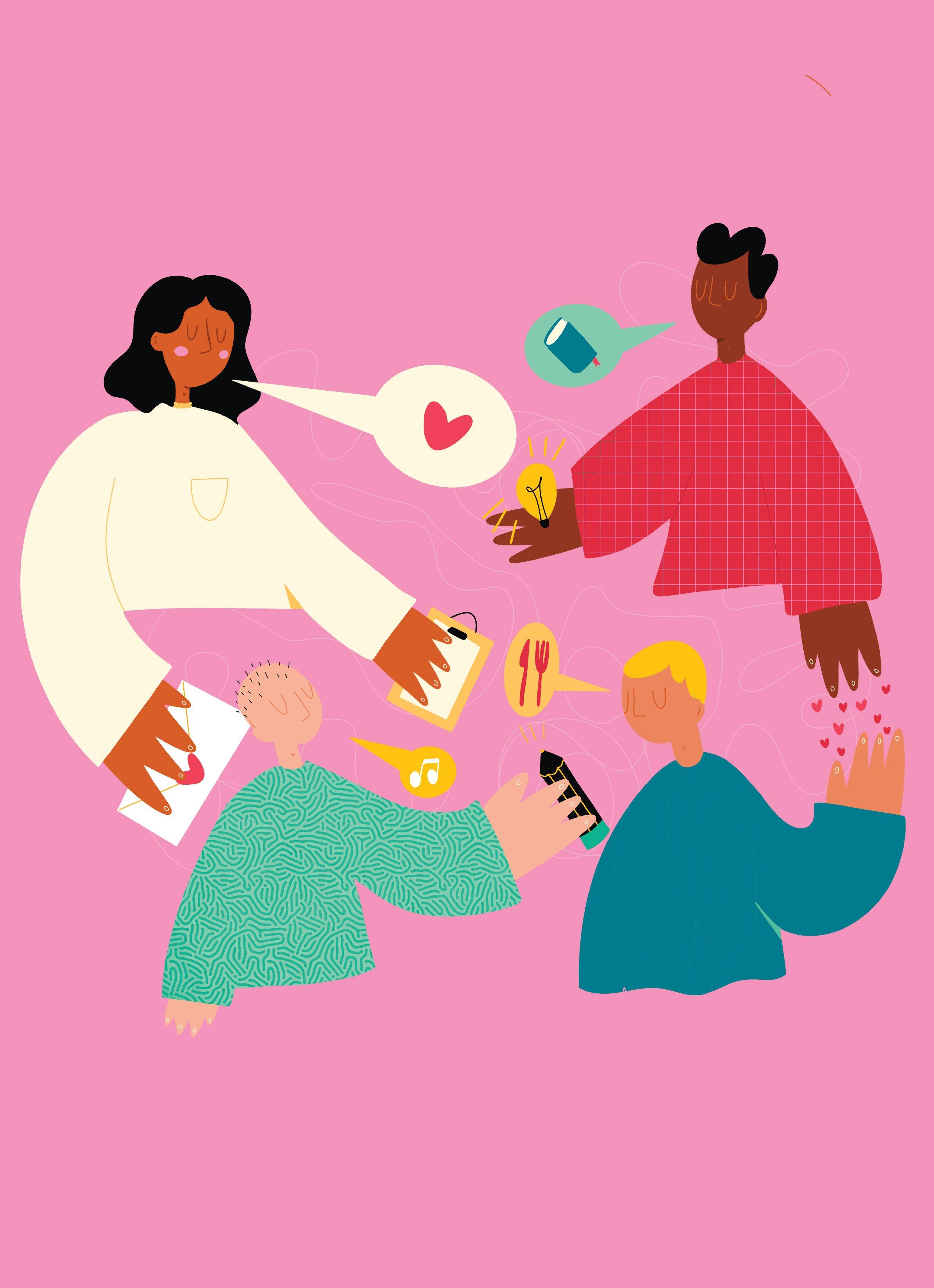
Instructions:
This is a Personality Temperament Test taken from Tim LaHaye’s book, “Why You Act The Way You Do”. It helps assess your temperament of potential strengths & weaknesses. It’s very simple and takes about 45 minutes to complete. There are 4 Sections below. In each section you will find a series of descriptive words. Your job is to read each word and put a number next to it according to how well it describes the REAL you. After you have completed all 4 Sections go to page 2 for further instructions. To get a more accurate assessment of your temperament have 3-4 close friends &/or family members also complete a test about your temperament.
Remember:
It’s important that you be honest and objective. Don’t mark a box according to how you want to be seen, rather mark it according to how you really are. If it is NATURALLY who you are then it isn’t something that you are “working on” nor is it something, that requires a lot of effort in order for you to be that way. It just comes natural. Some of the descriptive words below are very flattering, words and some are unflattering words. Don’t answer according to how you want to be or don’t want to be.
BE COMPLETELY 100% HONEST WITH YOURSELF... BE RAW ABOUT WHO YOU ARE RIGHT NOW AT THIS POINT IN YOUR LIFE.
SCORING CRITERIA: Score how each word best describes you:

1 = "That is definitely NOT me!"
3 = “That is usually me.”
2 = “That is usually NOT me.”

4 = “That is mostly me.”
5 = “That IS definitely me!”
Emotional
Egotistical
Interrupts others
Compassionate
Impulsive
Disorganized
Impractical
Funny
Forgetful
Easily discouraged
Very positive
Easily angered
Undisciplined
Extrovert
Refreshing
Lively/spirited
Weak-willed

Spontaneous
Delightful/cheerful
Enjoyable
Popular
Friendly/sociable
“Bouncy”
Restless
Difficulty concentrating
Likes to play
Difficulty keeping
Resolutions
Lives in present
Difficulty with appointments
Optimistic
Determined
Bossy
Goal-oriented
Decisive
Frank
Self-confident
Sarcastic
Workaholic
Self-sufficient
Practical
Headstrong
Activist
Outgoing
Domineering
Adventurous
Aggressive
Competitive
Leadership ability
Daring
Persevering
Bold
Strong-willed
Persuasive
Hot-tempered
Resourceful
Insensitive
Outspoken
Unsympathetic
Productive
Deep feeling
Critical
Insecure
Sensitive
Indecisive
Hard to please
Self-centred
Pessimistic
Depressed easily
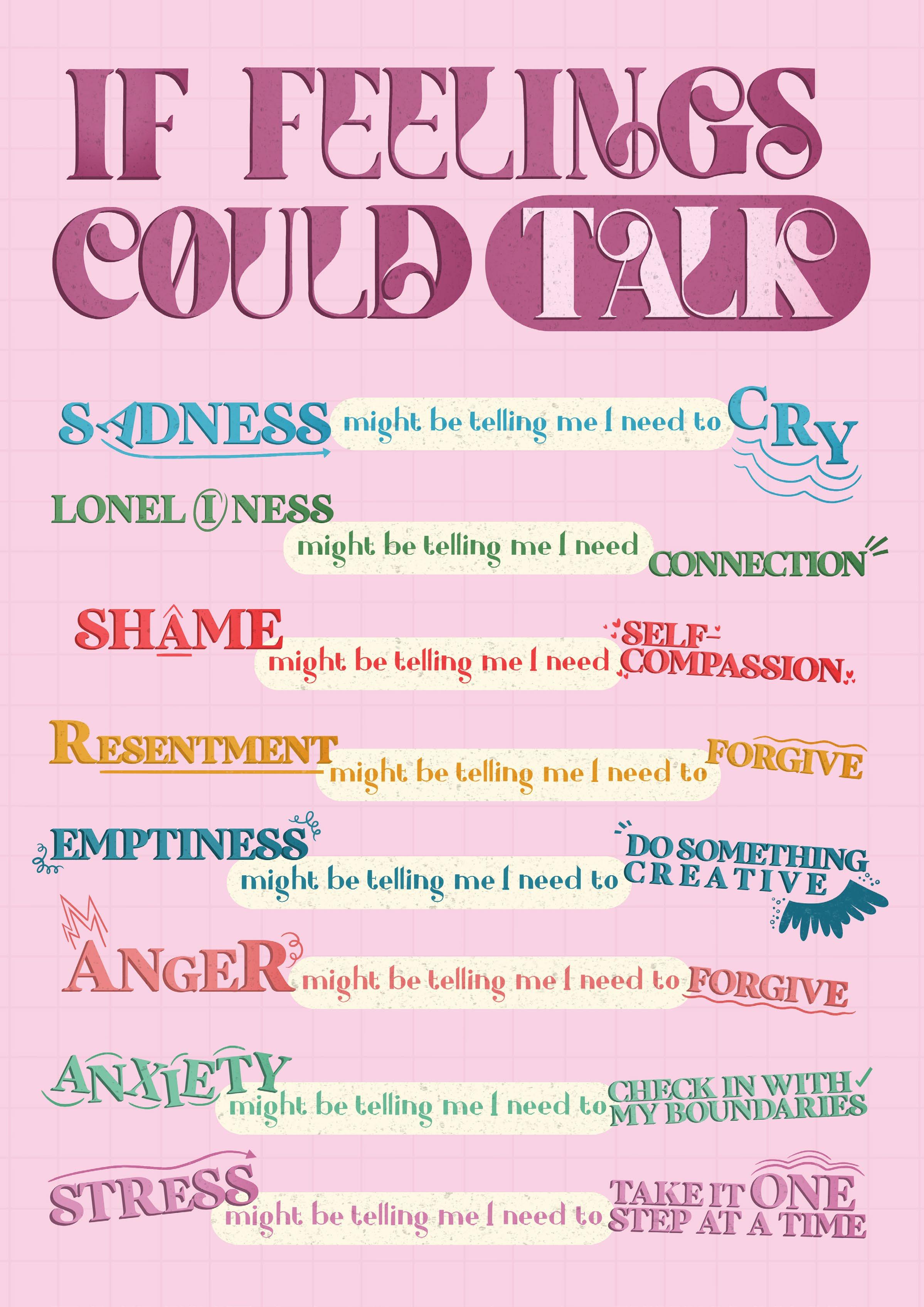
Easily offended
Idealistic
Loner
Self-sacrificing
Introvert
Faithful friend
Analytical

Considerate
Likes behind the Scenes
Suspicious
Respectful
Introspective
Planner

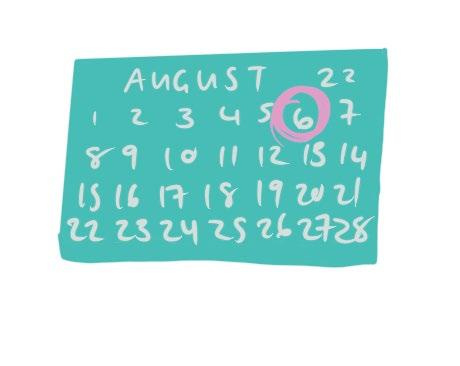
Perfectionist
Scheduled
Unforgiving/
Resents
Orderly
Creative
Detailed
Moody
Gifted (musically or athletically)
Very quiet
Selfish
Unenthusiastic
Negative
Regular daily
Habits
Hesitant
Shy
Stingy
Aimless
Not aggressive
Stubborn
Worrier
Spectator of life

Works well under Pressure
Indecisive
Adaptable
Slow and lazy
Submissive
Easygoing
Reserved
Calm and cool
Content/satisfied
Efficient
Patient
Dependable
Listener
Witty/dry humour
Pleasant
Teases others
Consistent
The following factors confirm the importance of self-knowledge:
• If you know yourself, you know your strengths and growth areas.
• You are able to accept yourself more easily and you can fulfill your potential.

• You do not compare yourself to others, but pay attention to your own special characteristics.
• It is easier for you to accept others.
• You are able to know yourself better by listening to yourself and by improving your emotional awareness.
• You understand how you feel and what the reasons for your feelings and reactions are.
• If you receive feedback from others, you are able to determine whether it is valid or invalid.


• You should try to determine which values and beliefs guide your life. You know which needs/ values are non negotiable and which you are willing to reach a compromise about to let a relationship grow.
Self-disclosure is the ability to disclose yourself to others with regard to your feelings and needs. Being authentic, honest, and vulnerable. You have to know what your own feelings and reactions are to be able to disclose yourself. You may feel vulnerable when you do so. Self-knowledge is the first step in self-disclosure. The extent to which you disclose yourself will determine how much of themselves others will disclose to you. This will determine the growth of the relationship.
Complete the following statements:
1. I am
2. People who really know me say
3. I feel happy when

4. When someone pays me a compliment, I
5. I like people who
6. If someone confronts me, I
7. Few people know that I
8. I feel hurt when

9. Right now, I feel (an emotion) because (the reason)



Use this space to sketch/doodle/map out your thoughts:
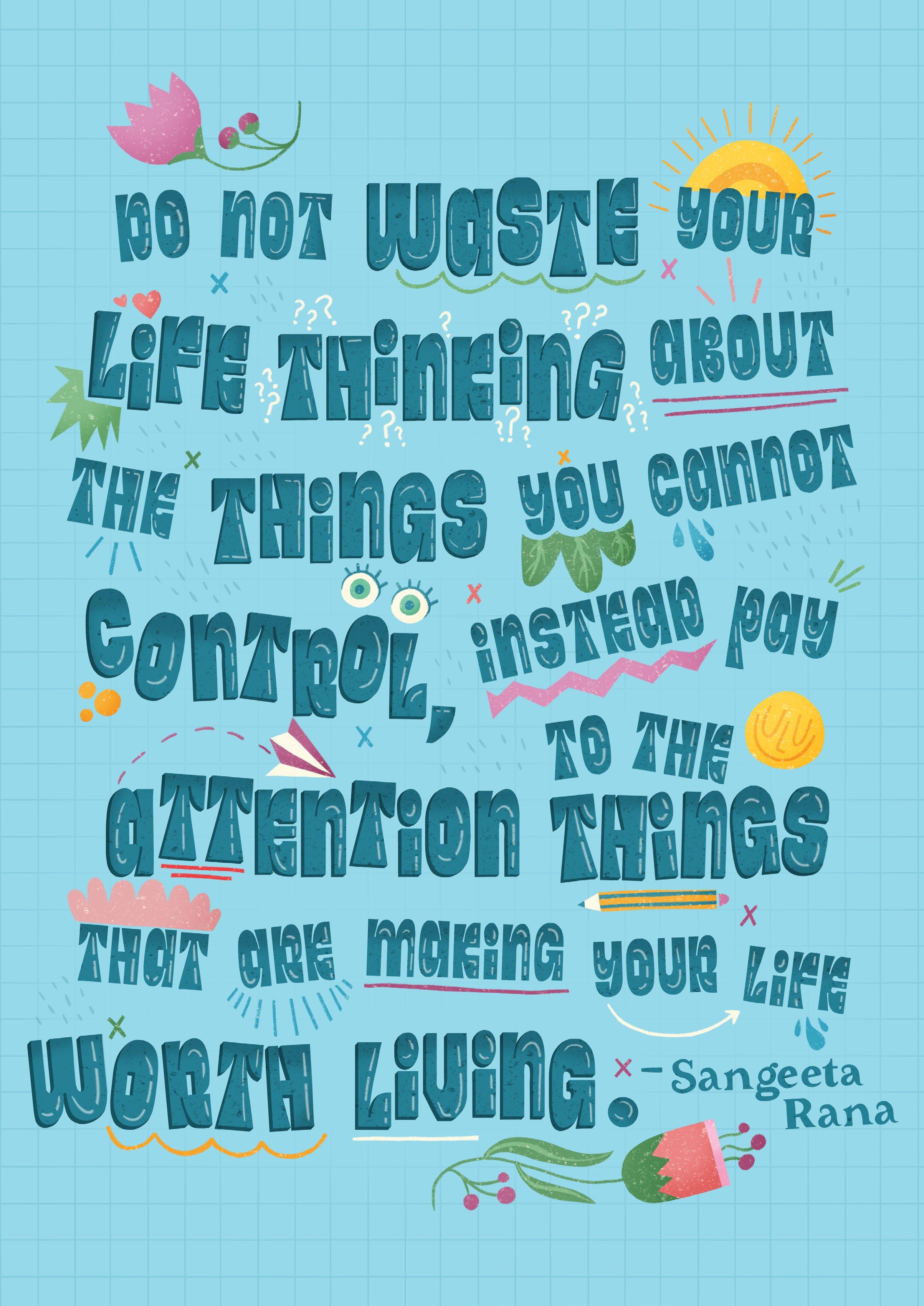
Answer the following questions in the space provided:
1. When and where do you feel most relaxed?
10. Which important lesson in life have you already learned?
11. How do you feel when you are at home alone? What do you to then?
12. What are your goals and ideals and why?
2. What are the four most important things in your life? Say why.

13. What do you think of when you think about your childhood?
3. How do you feel about yourself most of the time?
14. What do you think about when you can’t sleep?
4. Name two people who have supported you in your life.

15. Who can console you?
5. Have you ever felt that your heart is broken? When?
16. What aspect of yourself would you want people to remember?
6. What encourages you to cope with life?
17. What would you do if you knew that you would die soon?
7. How do you decide between right and wrong?

8. What was a turning point in your life?
9. What do you like most about yourself?
18. What have you realized lately would ensure that you enjoy life more?
29. What do you believe in?
19.What impact does stress have on your life?
30. What in yourself do you dislike?
20. What are your hopes and fears for the future?
31. What would you want your last words to be?
21. Whom would you borrow money from in case of need?
32. When do you feel embarrassed and how do you react then?

22. Whom would you phone first if you experienced a crisis?
33. What would you never do?
23. In which ways are you like your parents? How do you feel about that?
34. What in yourself do you like especially?
24. How do you feel if someone criticizes you?
35. What are you thankful for?
25. Have you ever felt guilty? Why?
36. What would make your life easier?
26. If you could make a law to guide people’s lives, what would it be?
37. How do you react when something does not work out as planned?
27. How do you feel about homelessness, poverty, child abuse, disability etc.?
38. What do you feel when you look in the mirror?

28. When do you get frustrated, sad, depressed, or angry?
39. What does happiness men to you?

61. Describe the person you want to be. (Spend time with this question – put things in place to begin the journey)

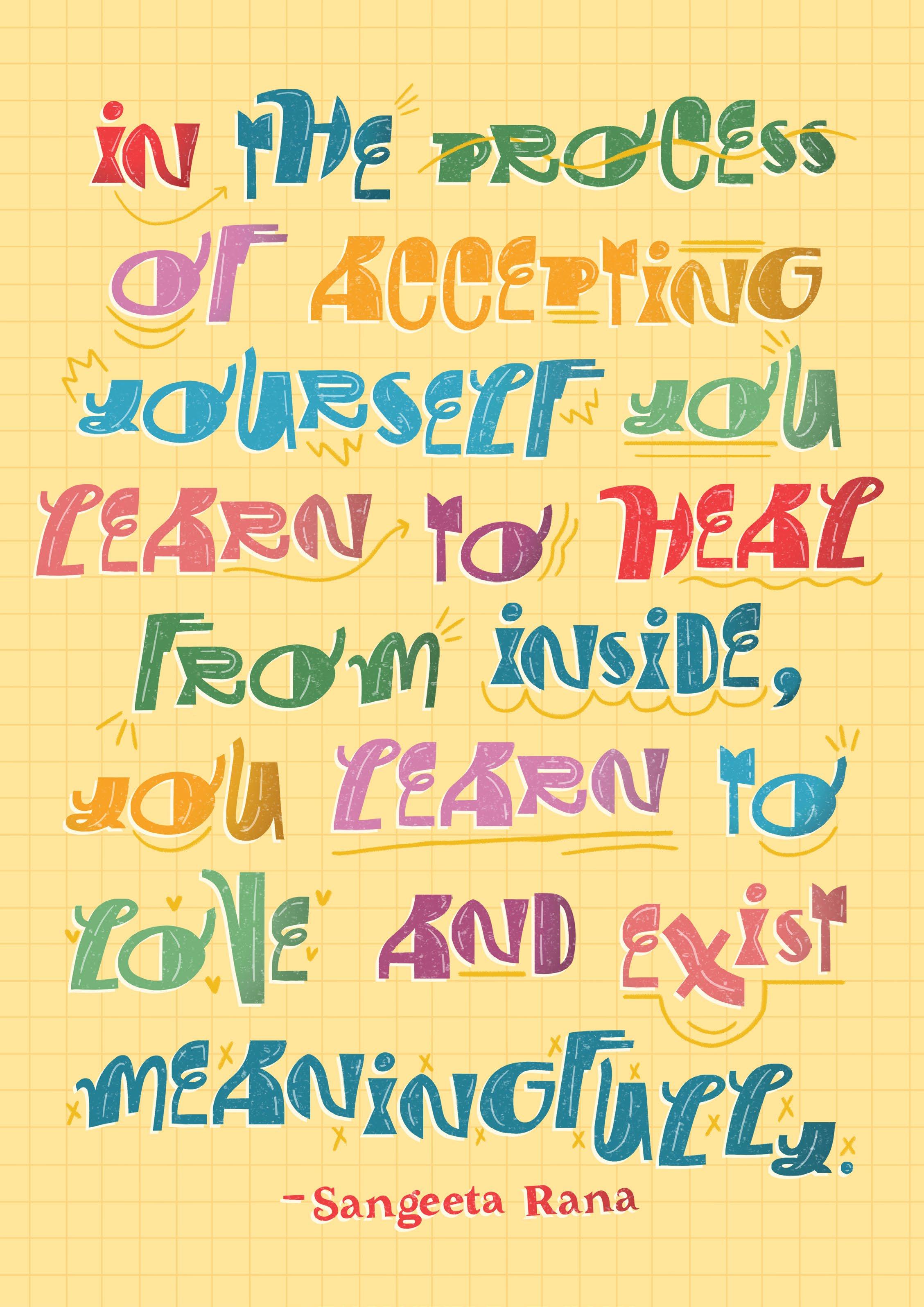
1. Who has inspired you in our life and what qualities about them were inspiring?
10. What makes you feel good, smile, laugh, or feel fulfilled?

11. What values do you envision changing and which would you like to keep the same?
2. What was a time when you were “at your best” and why?


12. Can you identify a time when you feel you were inefficient or your efforts were misguided, and why?
3. What traits do you admire in other people or aspire to cultivate in yourself?
Use this space to sketch/doodle/map out your thoughts:
4. What are your greatest accomplishments?
5. Are there any qualities in others that you can’t tolerate?
6. If you had to explain yourself in 15 words or less to someone who doesn’t know you, what would you say?
7. What are rules you’ve set for yourself that you follow strictly?

8. What rules have you made but find hard to follow?
9. What have been your greatest failures, or what are some things you wish you’d done better?
